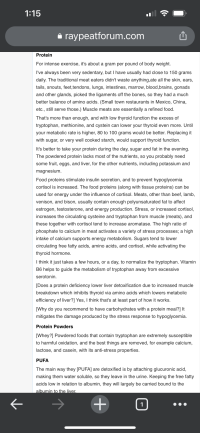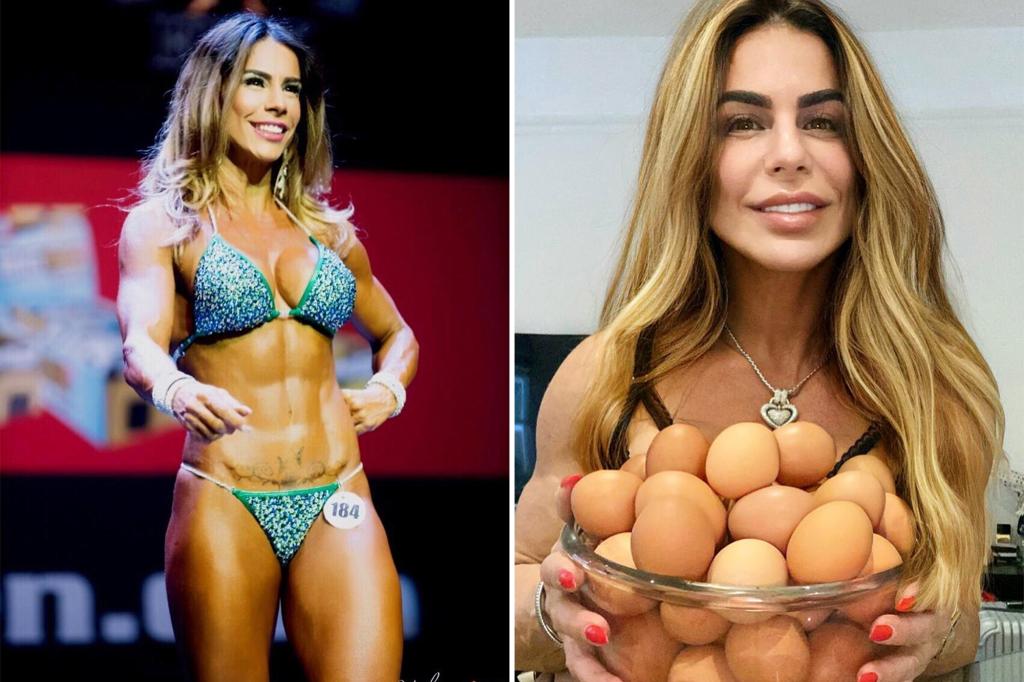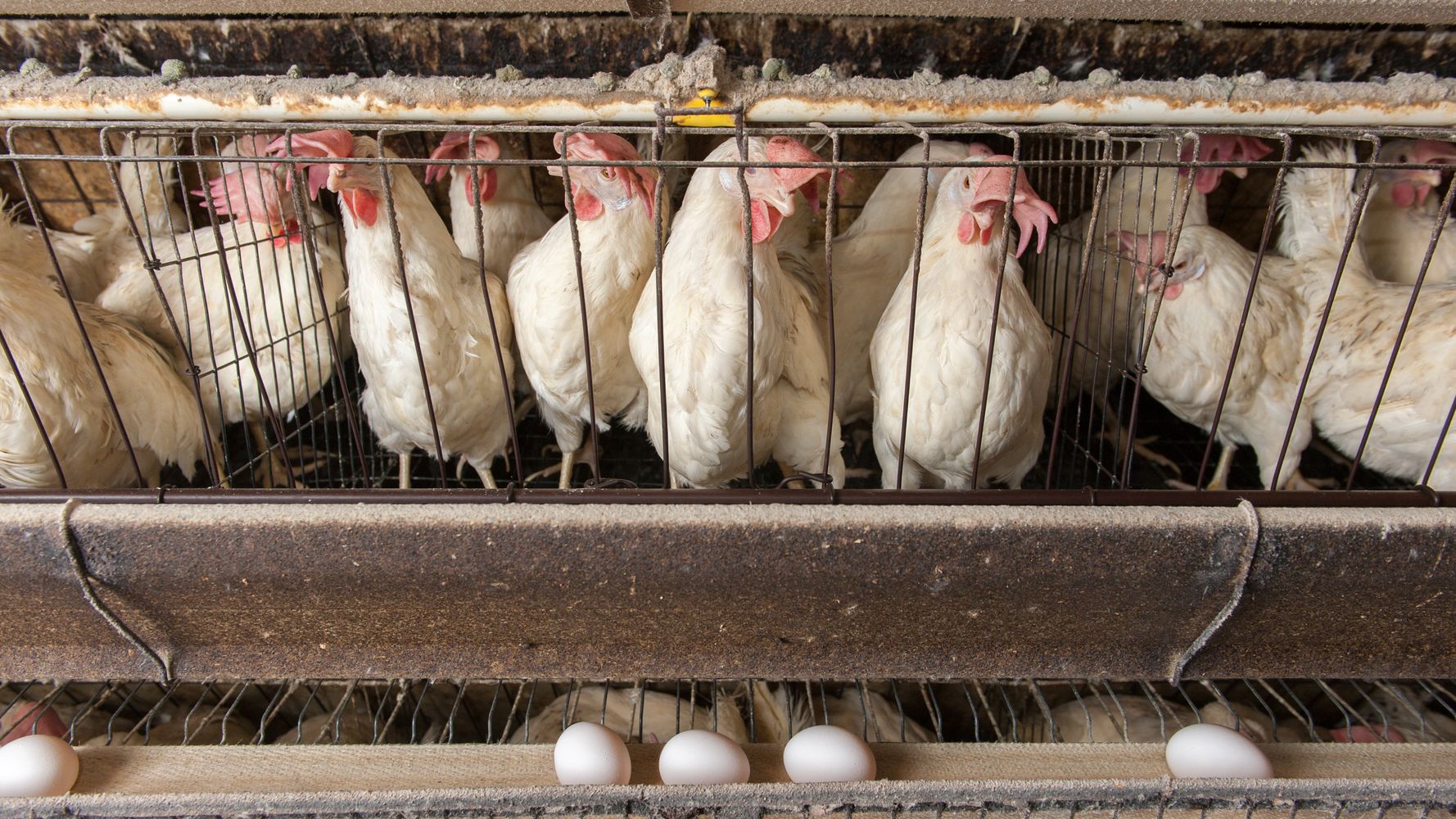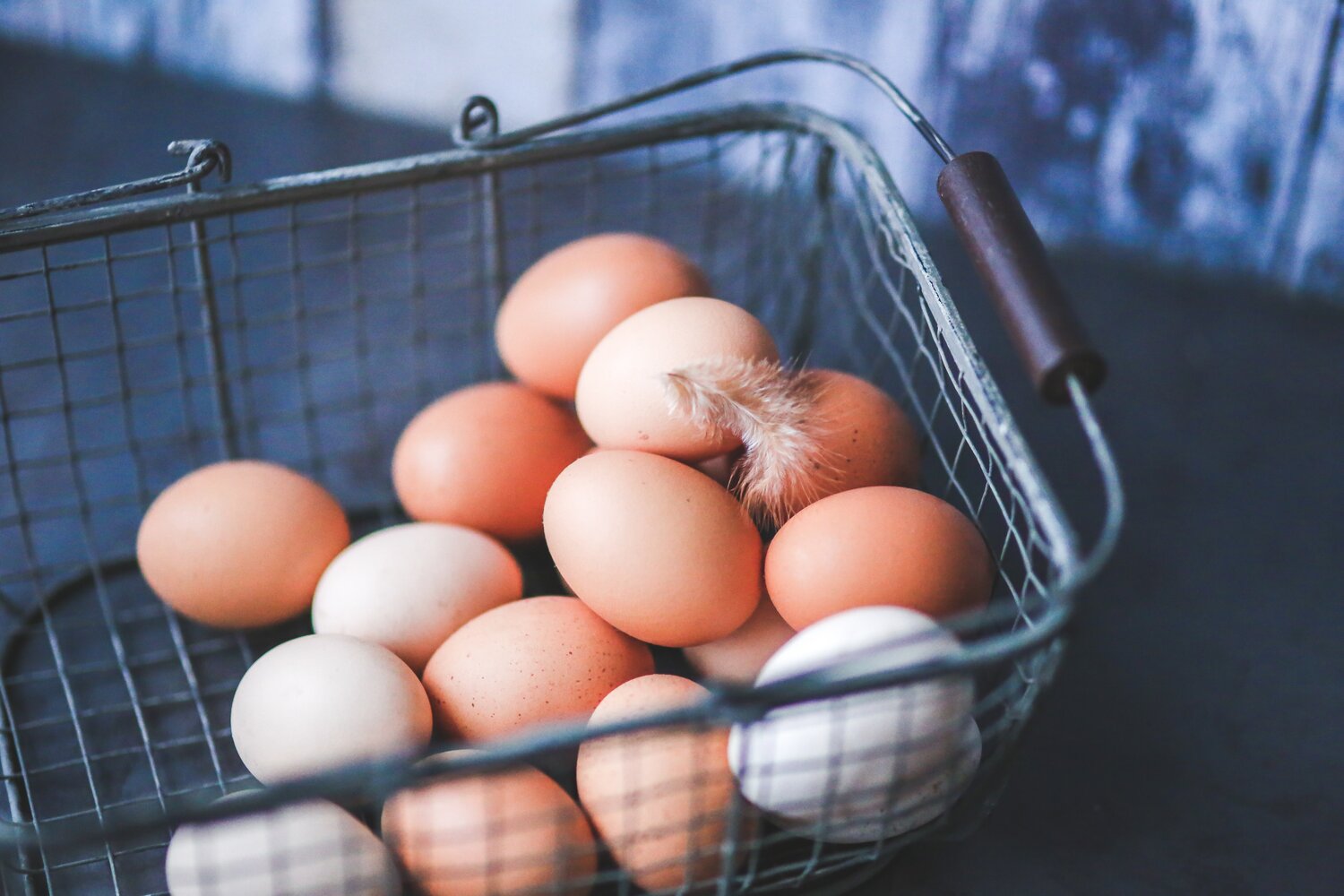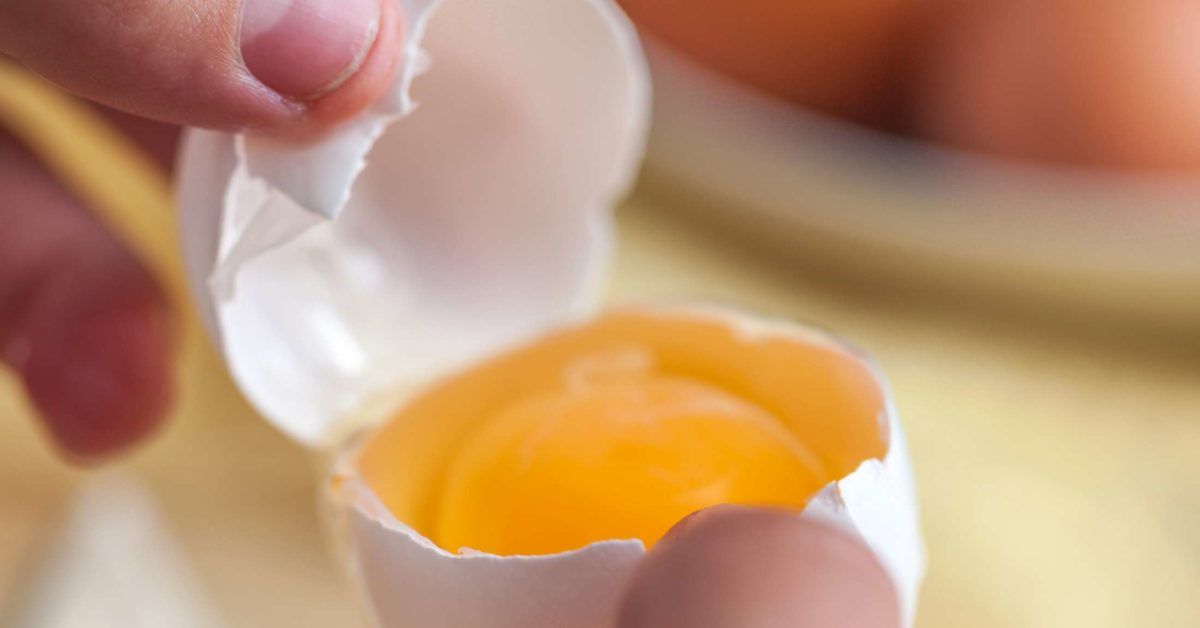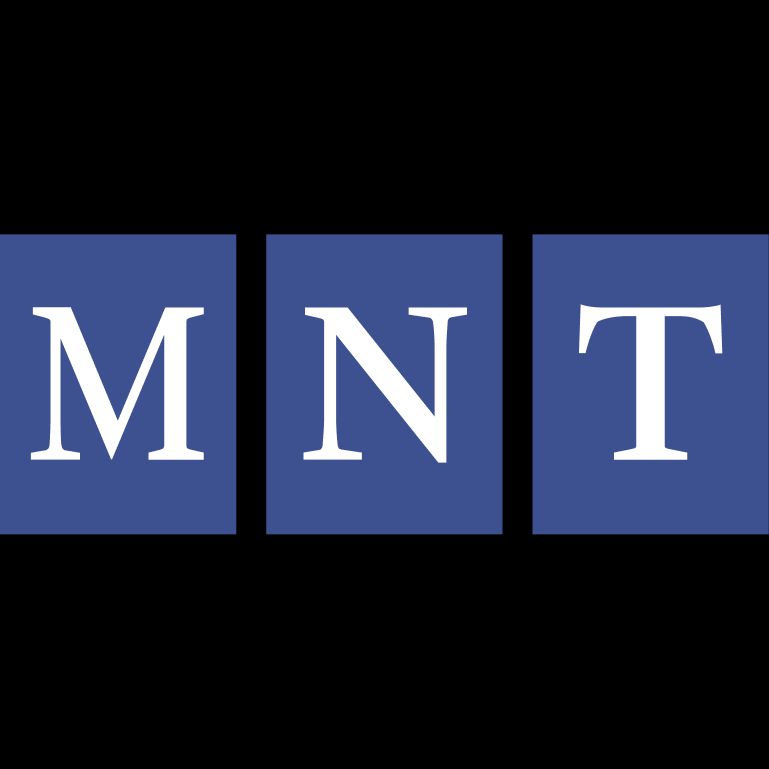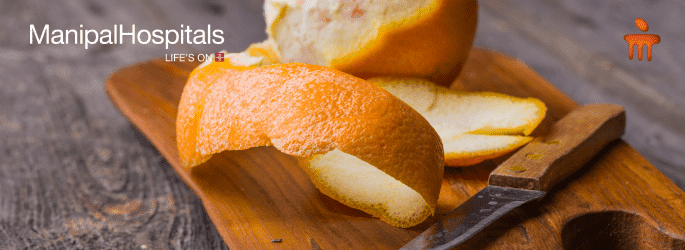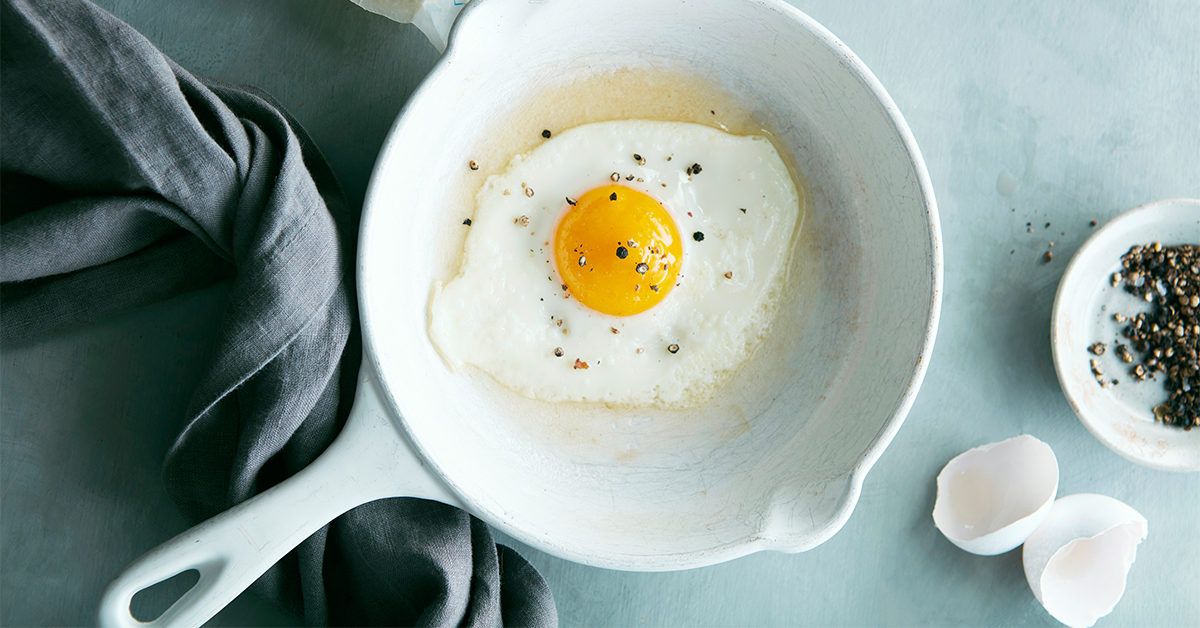Rinse & rePeat
Member
- Joined
- Mar 10, 2021
- Messages
- 21,516
Here is a quote from the RPF e-mail exchange….Hah weird I usually do starch right in the morning, and sugar and very well-cooked potatoes (if I don't have money for purely fruits) in the evening.
Also Calcium before bed as in Parmesan and eggshell powder sometimes.
Can you link where that's from?
“It's better to take your protein during the day, sugar and fat in the evening. The powdered protein lacks most of the nutrients, so you probably need some fruit, eggs, and liver, for the other nutrients, including potassium and magnesium.” -Ray Peat

